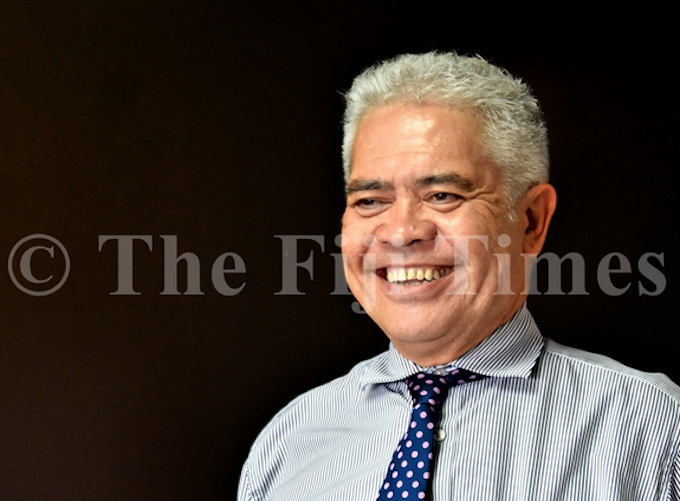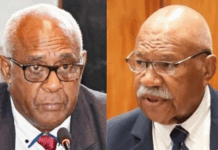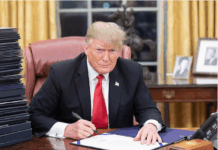
By Felix Chaudhary in Suva
Former Supervisor of Elections Jon Apted says that the coalition formed by the Social Democratic Liberal Party with the People’s Alliance/National Federation Party should be able to successfully elect a Prime Minister at the first sitting.
He said that with the 2022 General Election over and FFP tied with the PA/NFP coalition at 26 seats each and Sodelpa holding three critical seats, there were a number of steps to be taken in the process of forming the next government.
“Once the Electoral Commission formally conducts the allocation of seats, they will publicly declare the names of the candidates who have been elected,” he said.
- READ MORE: Fijian Aucklanders see promise and hope with Rabuka as likely PM
- ‘Nothing to concede’, says FijiFirst in wake of contested election
- Reports of ‘anomalies’ in Sodelpa vote to go with opposition parties
- New chapter for Fiji – Rabuka to lead coalition
- Other Fiji elections reports
“They then forward those names to the Secretary-General to Parliament.
“They also endorse those names on the writ of election that was earlier issued to the Commission by the President and return the writ to the President.” Apted said under section 67 of the Constitution, the President must then call Parliament to meet within 14 days.
“This can be any date within the next two weeks.
“Under the Constitution, he needs to act on the advice of the current Prime Minister. The President has no power to act in his own judgment.”
Swearing in new members
Apted said under the Constitution where no party had won an outright majority of seats, the sitting PM and Cabinet remained in office until the first meeting of Parliament.
“At that first meeting, the SG must first swear in the new members who then elect the Speaker.
“The Speaker comes from outside Parliament. A candidate or candidates would be nominated by the members of the parties in Parliament. The Speaker must be elected by a simple majority of votes. Assuming that everyone turns up and is sworn in, that means that the new Speaker must have the support of at least 28 new MPs.”
Apted said once the Speaker was sworn in, he or she would preside over the selection in Parliament for who is to be the PM under section 93 of the Constitution.
“The Speaker first calls for nominations. If only one person is nominated and seconded, that person automatically becomes the PM. However, if there is more than one nominee, a vote must be taken.
“If a nominee gets more than 50 per cent of all the members of Parliament, then they will be PM. If no one gets more than 50 per cent, then a second vote must be held within 24 hours.
“The assumption is that lobbying will go on during this period.
“If after the second vote, someone has more than 50 per cent, he or she will be PM. If not, there has to be a third vote within 24 hours.”
Apted said if no one gets more than 50 per cent in the third vote, then the Speaker has to notify the President that Parliament is unable to elect a PM, and the President must within 24 hours dissolve Parliament and issue a new writ of election for a fresh election.
However, in reality with Sodelpa agreeing to form a coalition with the PAP/NFP coalition, that coalition should be able to successfully elect a PM at the first sitting, Apted said.
Felix Chaudhary is a Fiji Times journalist. Republished with permission.












































